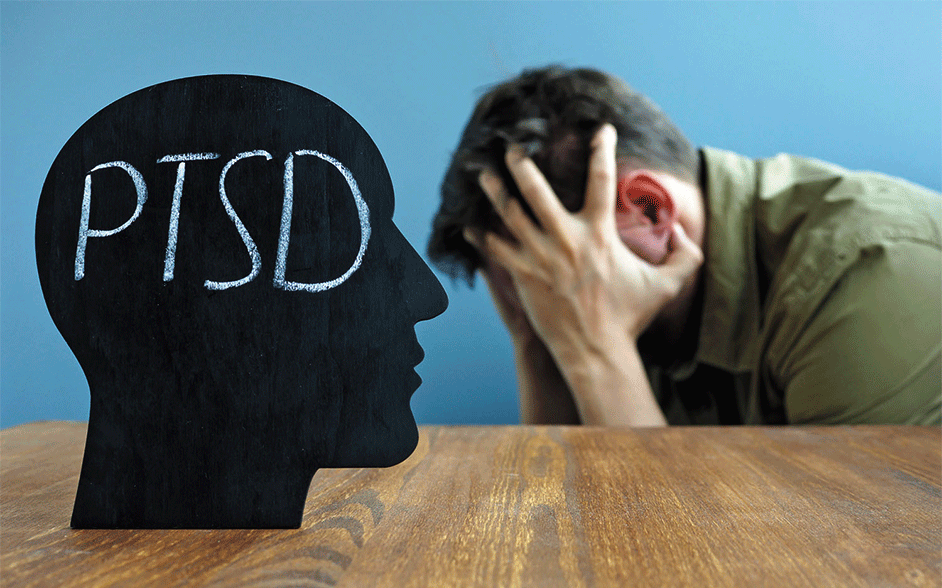- Mumbai, New Delhi, Bangalore
- (+91) 81518 30000
- WhatsApp Now
- contact@vedawellnessworld.com
Co-occurring disorders, also known as dual diagnosis, refer to the simultaneous presence of a mental health disorder and a substance use disorder. This requires a holistic approach because co-occurrence of addiction and mental health condition is intricate that may make diagnosis, treatment plan, & recovery program difficult to manage manually. This is vital information for healthcare providers, patients and their families due to the complicated way co-occurring disorders operate.
Co-occurring disorders are prevalent, with studies indicating that approximately 50% of individuals with severe mental disorders are affected by substance abuse, and about 37% of alcohol abusers and 53% of drug abusers have at least one serious mental illness. The most common mental health disorders that co-occur with substance use disorders include:
It turns out that this relationship between mental health and addiction is two-way. Self-medication stemmed from mental health disorders On the other hand, long-term substance abuse can also cause or worsen mental illness. This vicious cycle can pose a significant roadblock in treatment, since the symptoms of one disorder often are made to look like or disappear when another disorder comes about.

Not only does it allow for continuity of care across physical and behavioral health, but providing an integrated treatment approach is necessary to treat both disorders effectively. This approach involves:
1. Comprehensive Testing: Finding the Right Diagnosis This will build a complete picture of the dual-diagnosis and allow this to inform us on how one impacts on another.
2. Individualized Treatment Plan: A treatment plan specific to dual diagnosis care is necessary for addressing both disorders at the same time. This may include a combination of medication, therapy, and support services.
3. Medication Management: Medications are often necessary to effectively help address both mental health symptoms and substance use cravings. This may include medications to help manage substance use in combination with antidepressants and mood stabilizer.
4. Therapeutic Interventions: The most effective treatment for co-occurring disorders is evidence-based, which involves CBT, DBT, etc. and helps develop efficient coping strategies; work through underlying issues and trauma; and focus on building resilience.
5. Support Systems: Establish a strong support system. Therapy for the family, support groups for peers, other community resources. A support system helps individuals stay on track and make positive changes by holding them accountable, providing them with encouragement, and fostering a sense of belonging.

Research and awareness of this disorder have led to better treatment outcomes. Future directions include:
Although it is more difficult to accomplish, co-occurring disorders have unique advantages in their ability for holistic integrated care. Understanding the complex relationship between addiction and mental health, along with a comprehensive treatment approach gives healthcare providers an upper hand in treating dual diagnosis patients more effectively. Educational curriculum, empathy and cross sector collaboration will help navigate the complexities of co-occurring disorders which is paramount in ensuring we build a healthier more inclusive future.